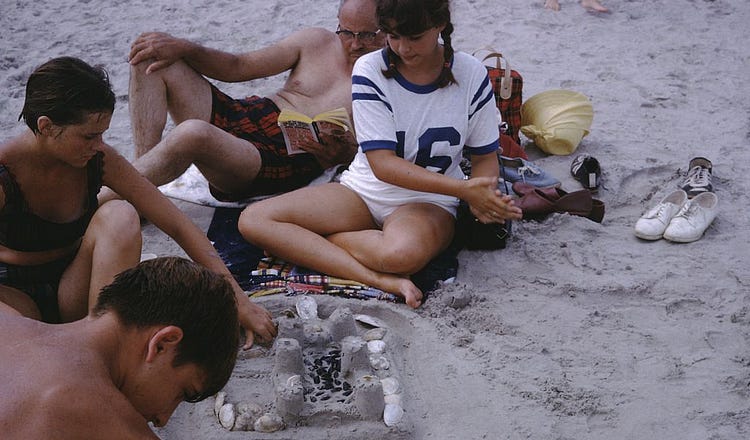The Time Billionaires

(Getty Images)
A concept that changed my life.
226
In 2019, Graham Duncan, the cofounder of East Rock Capital, appeared on an episode of The Tim Ferriss Show.
During the conversation, Duncan proposed a concept that changed my life: the Time Billionaire.
A million seconds is 11 days. A billion seconds is slightly over 31 years. . . . I feel like in our culture, we’re so obsessed, as a culture, with money. …
Continue Reading The Free Press
To support our journalism, and unlock all of our investigative stories and provocative commentary about the world as it actually is, subscribe below.
$8.33/month
Billed as $100 yearly
$10/month
Billed as $10 monthly
Already have an account?
Sign In

